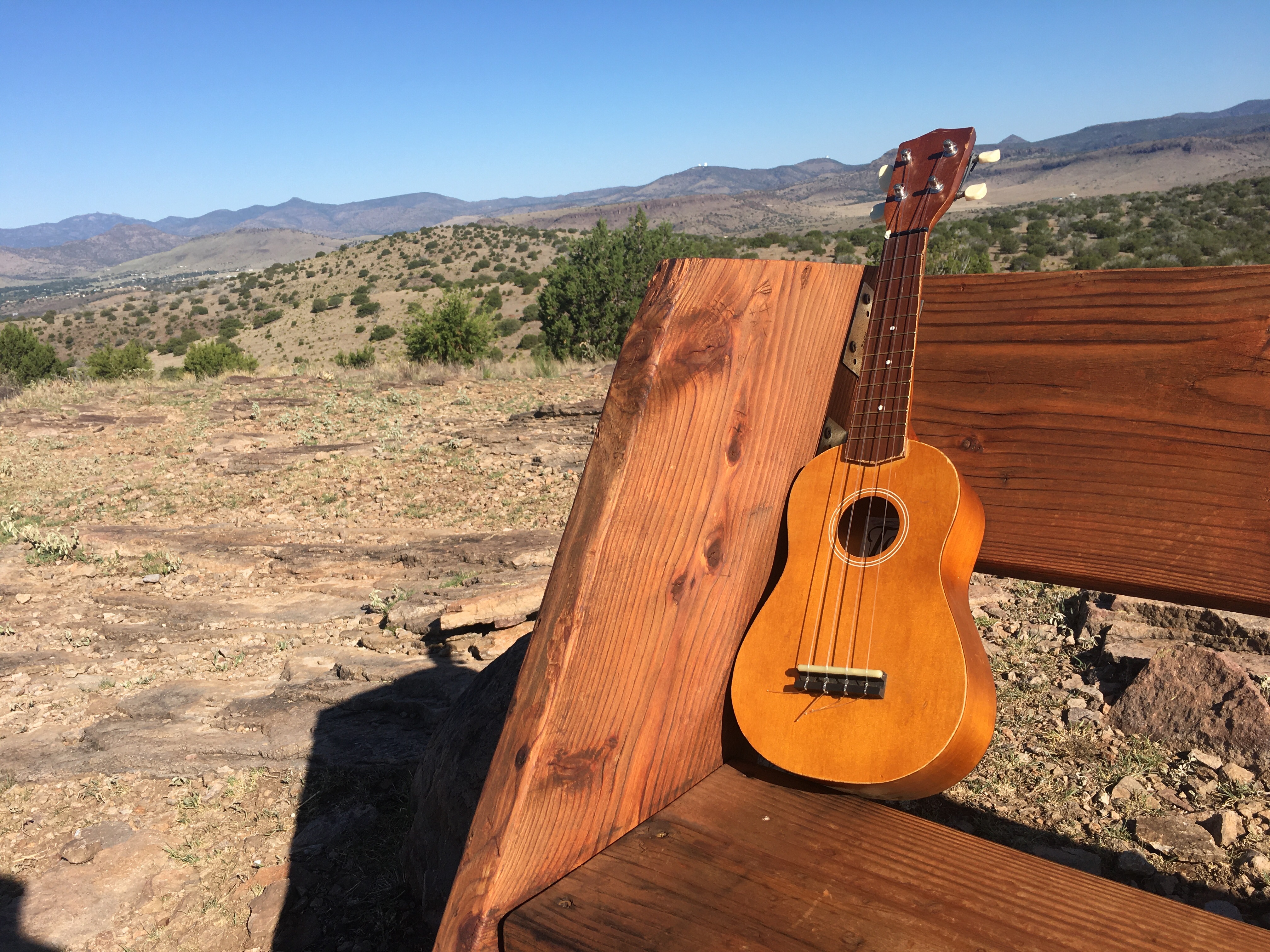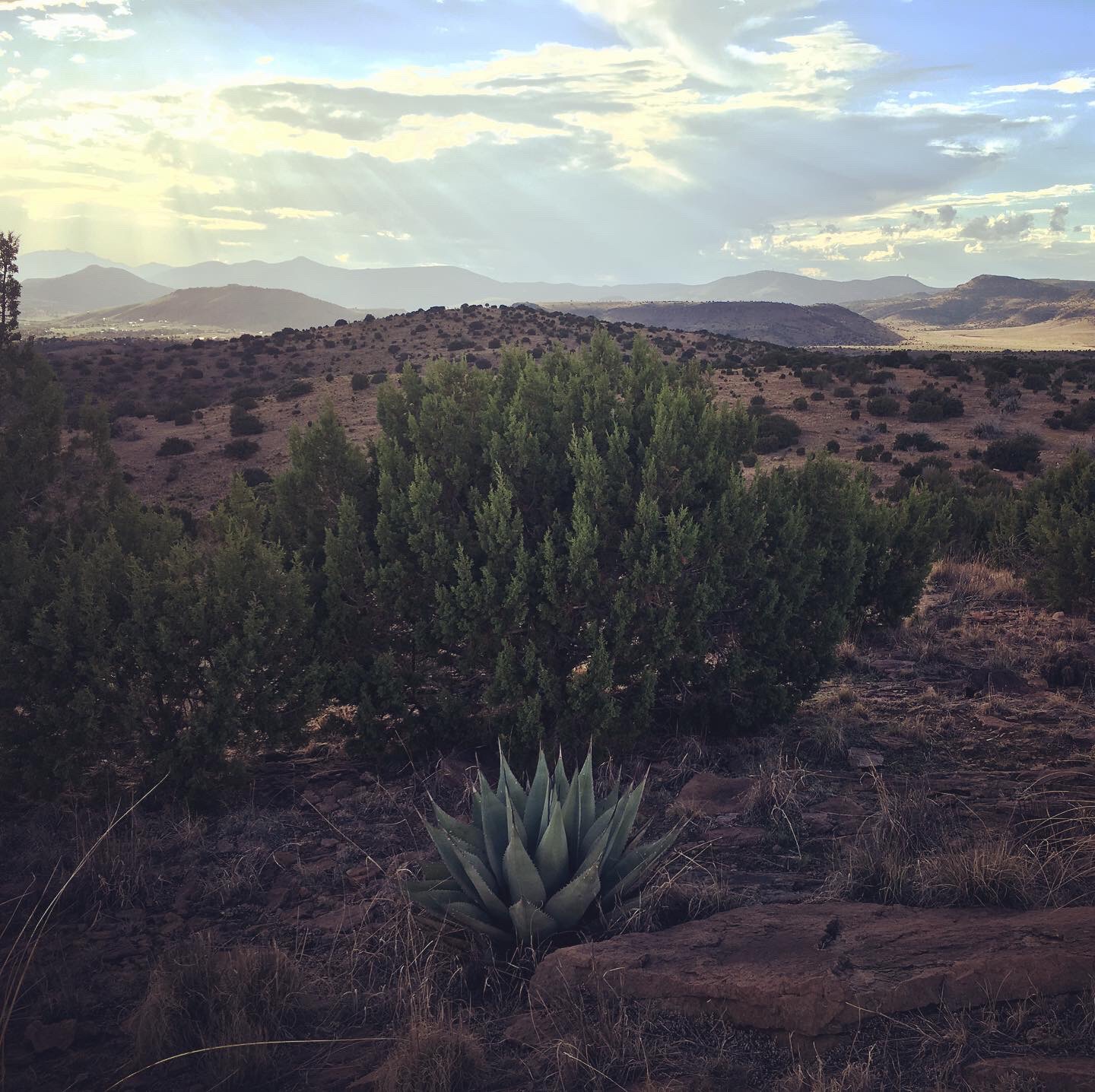Hack the algorithms. They favor outrage.
The pandemic. The social injustice. Corrupt systems. Wildfires. The elections. It seems there is no escape from the maddening turmoil and the inanity of human folly refusing reason. “Why won’t you do the simple thing so I don’t have to suffer?!” you want to scream at your computer. Our screens serve us a view of the world that is scary and hopeless, telling us most people are selfish shits that would put us in harm’s way to get a second helping of pie. But is that true?
Once upon a time, the news was something the vast majority of us consumed via our local newspaper and a 30 minute broadcast on one of three networks. As such, we had a shared, objective view—although imperfect—of our community and nation. Then came the internet and as its availability and influence grew, it eroded both the prominence of name-brand journalism and news outlets’ ability to stand firm with non-sensational news.

Slowly but surely, our resistance to news-all-the-time and stories/sources that just confirm our own world views has eroded. By our own behavior (abandonment of paid subscriptions and faithful viewership as well as feeding the beast of clickbait), we have created demand in the marketplace for… how do I put this politely? Bullshit.
We may say that we want unbiased and less sensational journalism but do we put up then shut up? We do not. Instead, we click and share the endless parade of crap. We follow and retweet the National Enquirers of our time: TMZ, Trump, VoteProgressBlueEtc, and friends that share the information equivalent of crappy fast food. And it’s not just making our brains and souls unhealthy. It’s rotting our society—and not just in the polite “sense of propriety” sort of way. It’s tearing us apart.
What do we do about it? Well, it’s not going to be easy. Each of us will need to start how we can, where we can to filter out the noise. The good news is that it is relatively simple and mostly free to do. And it has the dual benefits of improving your outlook and cumulatively telling publishers/platforms that you don’t want systems nor content designed to anger you.
This blog is filled with posts on how you might take steps to have your devices and platforms intrude on your life less, but here are some more granular ways to adjust your settings before you are ready to get off of them entirely.
- Turn off customized/personalized ads on each social network you use. This will clear out boosted posts and ads from showing you more of the views you already have.
- Start your day with a traditional, legacy print-based news source—ideally your local newspaper (which truly needs and deserves your modest subscription fee) but you can also get digital newspapers through your library membership, ResistBot, academic credentials, or just go to Rueters or Associated Press websites. Then end your day with a little offline reading.
- Hide/mute your connections that share a bunch of news and/or stop seeing links from the sources they share. You are probably unknowingly forcing lots of opinions based on a relatively small amount of “friends” who over share news, screenshots, memes and other outrageous content meant to confirm what you think: people are nuts.
- When something makes you angry, take a few minutes to see if it is even true by looking it up online. If it is not true, let the person that posted it know and report the link as false information where you saw it.
- Hack your feed with benevolent and fact-based content by following accounts that have soothing posts like about nature or poetry or history, a “good news” source you enjoy like UpWorthy, an expert that talks about why people act they way they do or how we can—ourselves—adjust our thinking, etc.
- Talk to actual people and get directly involved in other ways to be a part of the solution and to verify that people are good. This is tricky with the pandemic precautions, but you can call/Zoom someone you care about, offer your own expertise or mentorship to a person or organization that needs it, sit across the yard from a neighbor, or just take a walk/bike ride/drive and actively look for simple moments of possibility and beauty vs. trying to spot people without masks. You might be surprised with how it changes your feelings about the world.
I invite you to do at least one of these things today and see what it does for you. Regaining control over the flood of mis/information will look different for each person, but will inevitably improve your sense of wellbeing. After all, if you just give yourself over to the algorithms, you will have nobody else to blame when you can’t find your way out of it.
See also: Excellent series by The New York Times on their podcast “The Daily” called “Rabbit Hole“. Listen to the whole damned thing.






